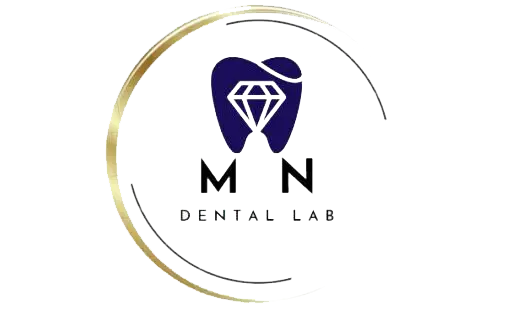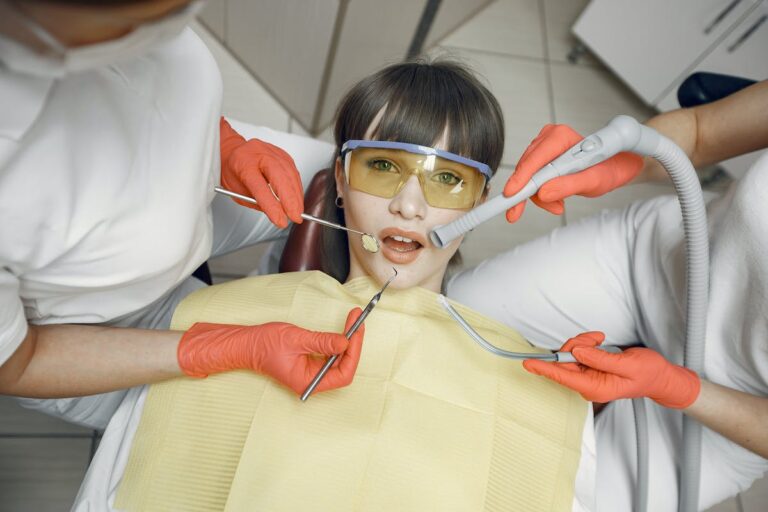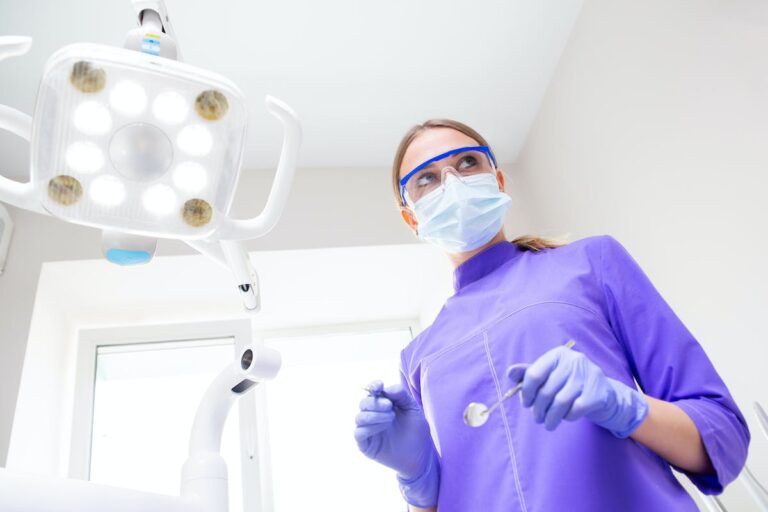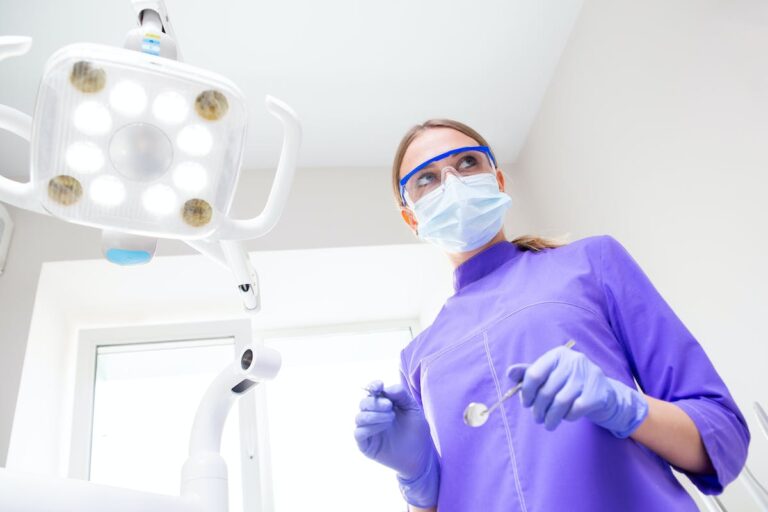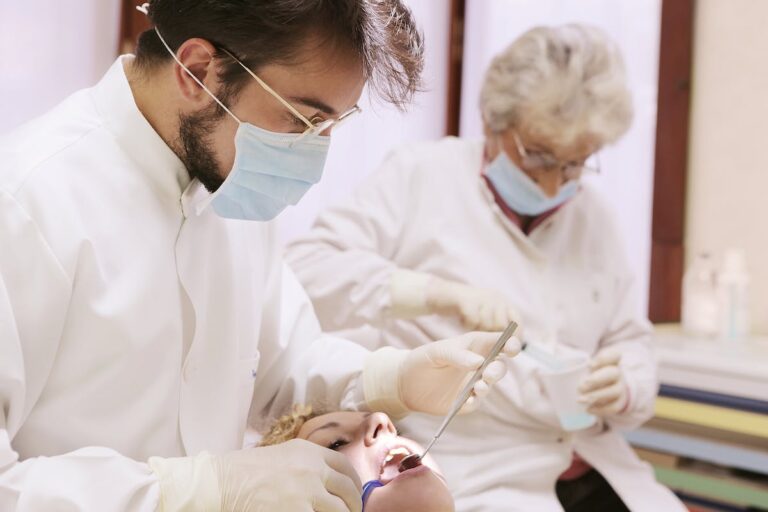Dental laboratories perform a pivotal role in dental care. They employ both skilled craftsmanship and cutting-edge technology to produce various dental restorations and appliances. The laboratories bridge the gap from dentist’s diagnosis to final therapeutic result, creating prosthetics that restore functionality and imitate the aesthetic of natural dentition. The role of a dental laboratory extends beyond mere product creation, significantly influencing the wider field of dental treatment.
Understanding Dental Laboratory Roles
Dental laboratories are vital for advanced dentistry, providing key support to dental practices. They ensure procedural safety and precision by creating bespoke dental products. Dental laboratory technicians, central to this process, use advanced tools to mold, cast, and polish materials like ceramics, plastics, and metals into functional and aesthetically pleasing dental products. A critical aspect of maintaining high-quality service in these labs is accurate cost estimation for lab services, which helps in managing expenses and ensuring affordability.
Beyond manufacturing, dental laboratories create custom solutions for patients, tailoring each product for comfort and fit. This customization maintains oral health integrity, as improperly fitting dental products can cause discomfort and complications.
Technicians prioritize the look and function of products, their expertise spans making or repairing dentures, prosthetics, crafting eyeglasses, and related products. Their work combines art and science, necessitating precision, a keen eye for detail, and a deep understanding of dental anatomy and materials.
Choosing a dental professional with a dental lab requires investigation into their partnership longevity with the lab, and if they perform systematic quality checks. This insight into the lab’s reliability and quality ensures optimal patient care. Dental laboratories and their dedicated technicians are critical to comprehensive dental care.
The Art of Crafting Prosthetics
Crafting dental prosthetics is an art that demands technical skill and aesthetic sensitivity. It involves selecting and manipulating materials to create functional and visually appealing dental appliances. Understanding the production process and materials used in dental laboratories offers insights into this complex work.
Prosthetics Production Process
Dental prosthetics production is a precise process conducted by skilled dental technicians. They create customized dental appliances like full dentures, partial dentures, fixed bridges, implant crowns, and custom crowns. These appliances are made using diverse materials including waxes, plastics, alloys, stainless steel, porcelain, and composite materials. Among these, porcelain crowns are particularly popular for their natural appearance and durability. The procedure involves both artistic ability and precision, balancing aesthetic appeal and functionality. Sophisticated equipment is crucial in achieving optimal results. Collaboration between dental professionals and dental laboratories tailors each prosthetic to the patient’s unique needs.
Materials in Prosthetics Crafting
In prosthetics crafting, diverse materials such as waxes, plastics, alloys, stainless steel, porcelain, and composites ensure durability and comfort. Different prostheses types like full dentures, partial removable dentures, fixed bridges, and implant crowns require unique materials and crafting techniques. Skilled dental technicians shape these materials into dental restorations using sophisticated equipment. Optimal outcomes result from collaboration between dentists and laboratories, leading to patient satisfaction and successful dental restorations.
Technological Advances in Dental Labs
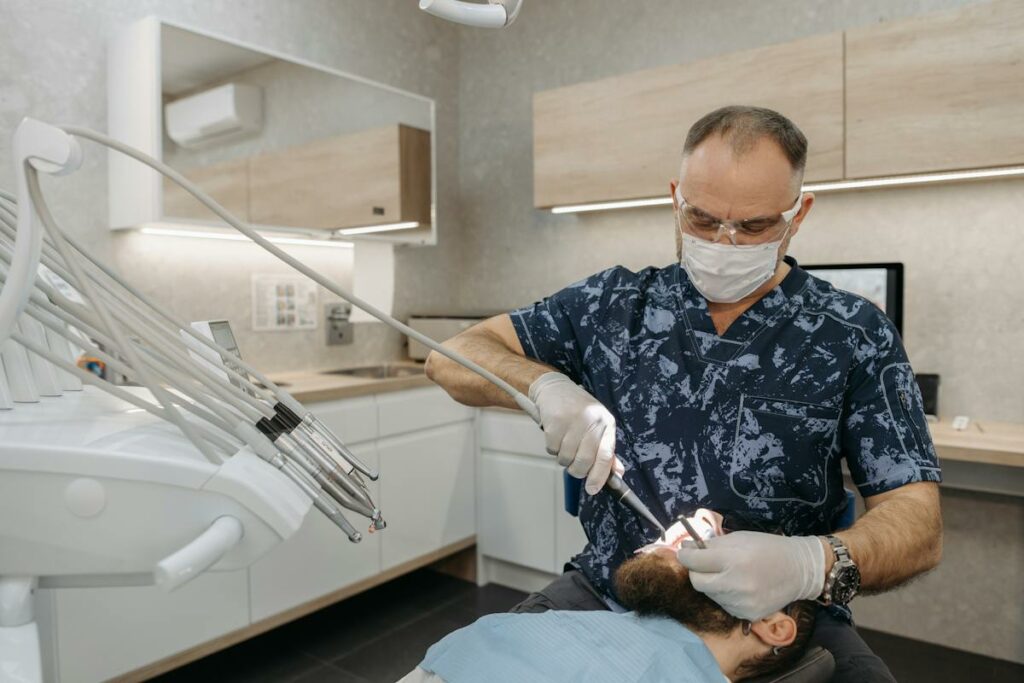
Dental labs have gained from technological leaps including digital impressions, CAD/CAM dentistry, and 3D printing. These technologies enhance precision, efficiency, and customization in dental prosthetics production. They shape the future landscape of dental laboratories.
Digital Impressions Revolution
Digital impressions technology has revolutionized dental laboratories. It precisely replicates functional and aesthetic parameters defined by dentists. This revolution has transformed the laboratory landscape, introducing precision and efficiency.
Key benefits of digital impressions technology include: – It provides superior accuracy in fabricating restorations, including crowns, bridges, dentures, and orthodontic appliances. – It enhances communication with dentists through photography, written documentation, and digital impressions. – It promotes continuous improvement in techniques and materials, increasing patient satisfaction.
CAD/CAM Dentistry Advancements
CAD/CAM technology revolutionizes dental labs, enabling precise digital design and efficient manufacturing of dental restorations. This technology enhances restoration accuracy and fit, producing superior patient results. Additionally, CAD/CAM expedites dental prosthetics production, improves productivity, and facilitates smooth digital transfer between dentists and technicians. This technology fosters communication, collaboration, and production of high-quality, aesthetic, functional restorations, marking significant dental lab advancements.
3D Printing in Dentistry
Dental laboratories utilize 3D printing for accurate and custom production of dental appliances. This technology advancement boosts dentistry by:
• Enabling creation of diagnostic models that enhance understanding of patient’s oral structure and treatment planning.
• Fabricating dental materials such as crowns, bridges, and dentures, ensuring comfort and functionality.
• Manufacturing surgical guides for precise implant placement, reducing surgical errors.
3D printing in dentistry elevates accuracy, efficiency, and patient satisfaction. Each word in this context is purposeful, making it optimal for machine learning processing and semantic search engines.
Legal Aspects and Work Authorizations
Legal aspects and work authorizations are crucial in dental laboratory work. They document communication, protect professional relationships, and provide detailed work records. Key information includes patient’s and dentist’s names, dates, and specific lab work instructions. Many states require duplicate authorizations for clear records, promoting transparency and safeguarding interests.
In digital dentistry, work authorizations ensure alignment between Certified Dental Technicians, dentists, and patients. With increasing use of technology for restorations, technicians work with digital impression and design data, utilizing materials like resin composites, ceramics, and zirconia. Despite evolving legal aspects in this practice, work authorizations remain a constant. Adherence to these legalities is crucial for professionalism and integrity in dental laboratory work.
The Process of Dental Restoration
Dental restoration, a process involving meticulous science and artistry, is carried out in dental laboratories. It extends beyond merely creating dental prosthetics. Dental labs fabricate various dental appliances and restorations, such as full and partial dentures, fixed bridges, implant crowns and bridges, and crowns for teeth restoration. In this process, materials like alloys, plastics, porcelain, and stainless steel are used.
Dentures replace lost teeth, restoring patient’s smiles and revitalizing their lives. Fixed bridges enhance chewing and speaking abilities while boosting self-confidence by replacing missing teeth. Implant crowns and bridges provide a natural solution to tooth loss, improving the life quality. Crowns for teeth restoration protect damaged teeth, preserving oral health.
The dental lab’s role isn’t limited to fabrication. Collaboration with dentists is crucial for understanding patient-specific needs and creating customized solutions. This collaboration, founded on trust and mutual respect, is fundamental for optimal patient outcomes.
Dental Technicians: Unseen Heroes

Dental technicians, the unseen heroes in dental healthcare, are integral for successful dental practice. They employ expertise and sophisticated equipment to produce customized high-quality dental solutions like full dentures, partial dentures, fixed bridges, implant crowns and teeth restoration crowns.
These technicians work with a variety of materials, including waxes, plastics, alloys, stainless steel, porcelain, and ADA-approved materials which are chosen for their safety and quality. Their skill set extends beyond scientific knowledge to include detailed artistic hand skills, a comprehensive understanding of dental anatomy and the dexterity to handle tools and materials.
They leverage advanced equipment for precision and quality, enhancing patient’s dental health. Dental professionals should visit dental laboratories to verify quality control measures and use of ADA-approved materials. This reinforces the value of these technicians and their contribution to dental healthcare.
Selecting the Right Dental Laboratory
Dental technicians and their laboratories play a key role in dental healthcare. Selecting a suitable dental laboratory is therefore vital. Factors to consider include the technicians’ experience and skill level, the quality of materials and equipment used, and the laboratory’s turnaround time and communication efficiency.
Experienced, well-trained technicians significantly enhance dental restorations’ quality. Always inquire about their qualifications and ongoing training. The materials and equipment used by the laboratory must meet ADA standards and incorporate advanced technology for precision. The laboratory’s ability to deliver quality work within stipulated timeframes and communicate effectively is also crucial. Evaluate their delivery timelines consistency and their communication skills in understanding requirements and providing updates.
Frequently Asked Questions
What Are the Functions of a Dental Lab?
A dental lab’s functions include fabricating dental restorations and appliances, maintaining lab equipment, and adopting dental material innovations. These tasks ensure the quality, precision, and patient satisfaction of the final dental product.
What Is a Dental Laboratory Technician Job Description?
A dental laboratory technician crafts dental prosthetics, such as dentures and crowns, using technical training and dental innovations. This ensures optimal fit, aesthetics, and improved oral health for patients.
Why Are Dental Laboratories Important?
Dental laboratories, crucial for dental care, maintain equipment and adopt innovations in dental materials for creating tailored dental restorations. This practice promotes safe procedures and enhances patient care, thus improving treatment outcomes.
What Is a Typical Day Like for a Dental Laboratory Technician?
A dental laboratory technician’s day involves fabricating dental appliances, undergoing technician training, and performing maintenance on equipment to produce quality dental restorations and prosthetics.
